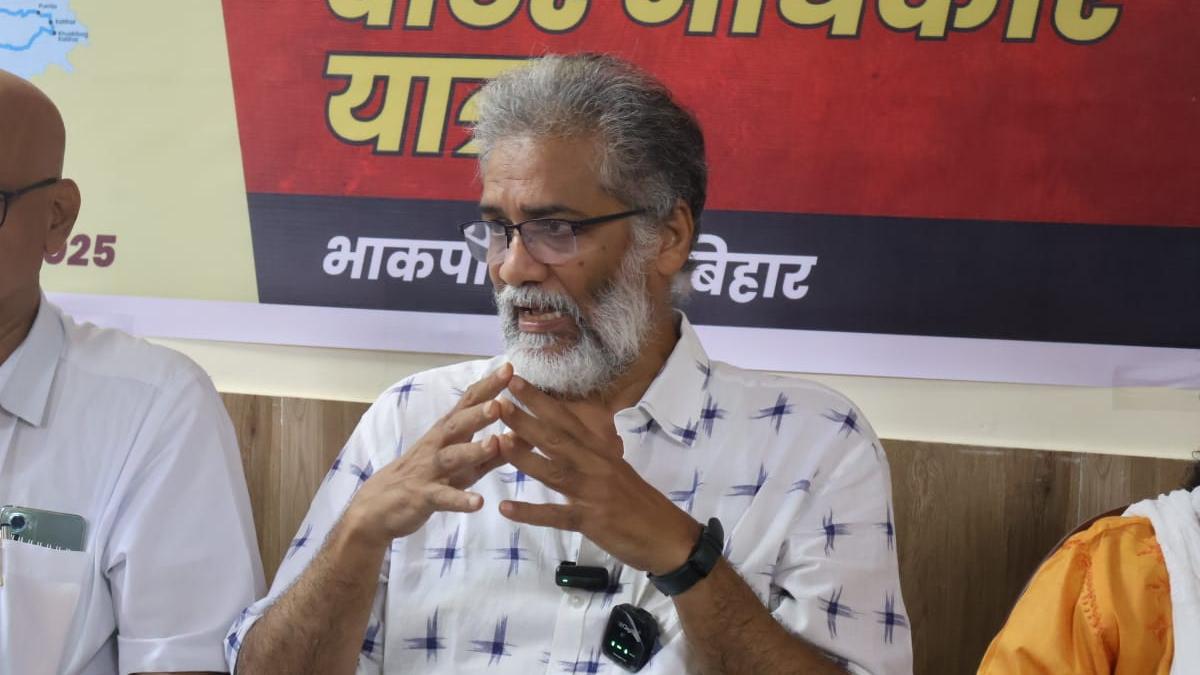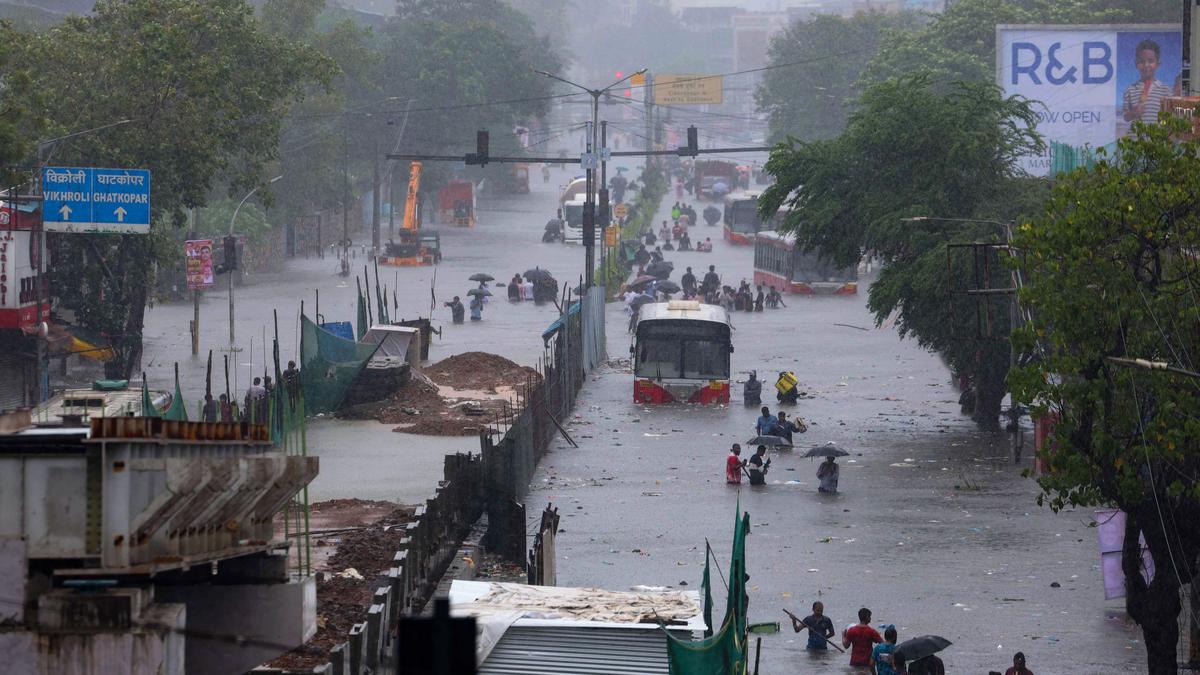Now Reading: Dipankar Bhattacharya Alleges Amit Shah’s Bill Aims to Undermine Non-BJP Governments
-
01
Dipankar Bhattacharya Alleges Amit Shah’s Bill Aims to Undermine Non-BJP Governments
Dipankar Bhattacharya Alleges Amit Shah’s Bill Aims to Undermine Non-BJP Governments

Quick Summary
- CPI-(ML) general Secretary Dipankar Bhattacharya criticized the “Constitution (One Hundred and Thirtieth Amendment) Bill 2025,” introduced by Union Home Minister Amit Shah, calling it a conspiracy to destabilize non-BJP governments and undermine India’s federal structure.
- Key provisions in the Bill include mandatory removal of leaders sentenced to five years on serious charges if detained for over 30 days, raising concerns among opposition parties.
- Mr. Bhattacharya accused BJP of misusing agencies like ED, CBI, and NIA along with Governors’ offices against opposition governments.
- He praised the Opposition’s Vice President nominee Justice B. Sudershan Reddy for his commitment to Constitutional values.
- Regarding election processes in Bihar, Mr. Bhattacharya alleged voter list irregularities affecting migrant workers while slamming the Election Commission’s actions as exclusionary towards vulnerable groups.
- The ongoing “Voter Adhikar Yatra” led by Congress leader Rahul Gandhi was recognized by Mr. Bhattacharya as an emerging mass movement defending democracy.
Indian Opinion Analysis
The introduction of the Constitution (One Hundred and Thirtieth Amendment) Bill 2025 raises notable questions about its implications for India’s democratic ethos and federal balance. The removal criteria outlined could perhaps lead to political instability if perceived as disproportionately affecting non-BJP states-a concern amplified by allegations surrounding misuse of central agencies in governance disputes.
The contrasting praise for Justice B.Sudershan Reddy’s nomination may reflect broader efforts within opposition ranks to consolidate positions around figures with proven Constitutional integrity amid accusations of ideological bias across institutions.
Mr. Bhattacharya’s remarks on voter-related issues in Bihar accentuate challenges involving inclusion in electoral processes, especially for migrant workers who frequently enough face bureaucratic exclusions-a critical reminder of evolving inequalities within governance frameworks that demand holistic solutions beyond mere procedural reforms.
For more details: Read More























